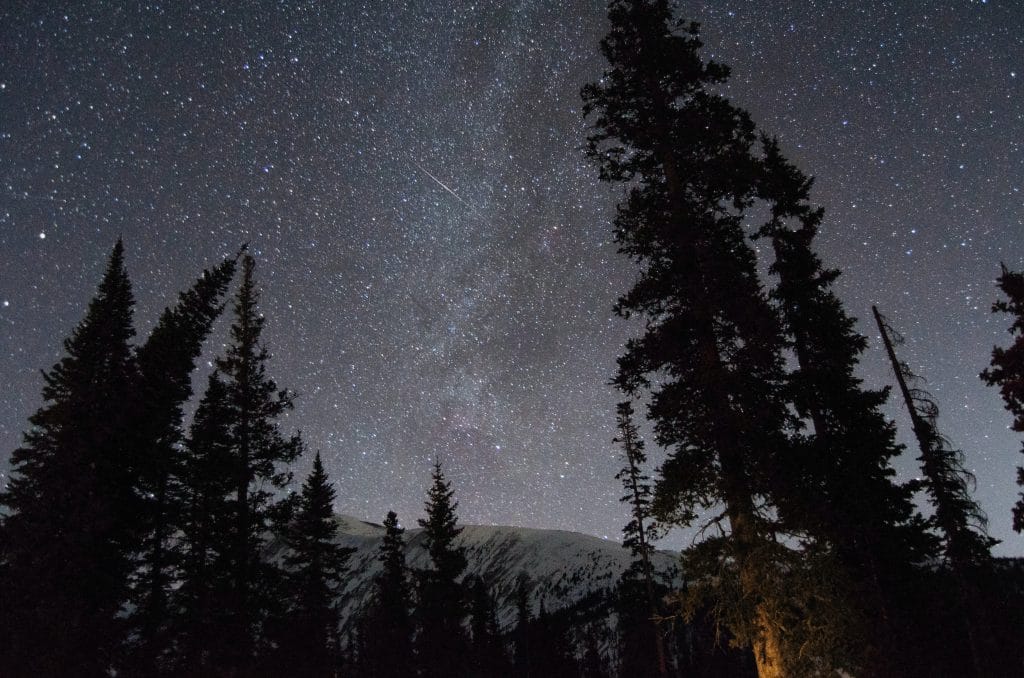
The early bird gets the worm, or in this case, a celestial spectacle of the meteors beaming through a starlit galaxy. The annual Perseid meteor showers are set to peak before dawn on the morning of August 11.
Viewable from anywhere in the Northern Hemisphere, the Perseid meteor shower will peak from August 11 to 13. The greatest number of meteors is expected to fall an hour or two before dawn on August 12, so you’ll be most likely to catch these beauties Saturday morning.
The Perseid shower technically started around July 14, but the largest number of comets will start to fall in the latter half of this week. During its peak, stargazers will be able to see 40 – 50 meteors per hour.
Hate waking up early? No worries—the showers will also be active in evening hours, but at a much lower rate. However, evenings are the most opportune time to spot an earthgrazer — a rare, low-flying meteor that traverses horizontally across the horizon.
The best place to watch a meteor shower is anywhere far away from light pollution, so you may need to travel outside the city for optimal viewing. You’ll be able to see many smaller meteors once you get away from the city lights. Check out this website to get an exact idea of the light pollution in your area.
Some of the best spots in New England to stargaze are Bretton Woods in New Hampshire and Bar Harbor in Maine. But if you don’t want to travel hours away from your home (and understandably so!), the outer Cape areas like Truro and Wellfleet offer many more stars to see and are accessible via the CapeFLYER or the 90-minute ferry to Provincetown.
Additionally, Frosty Drew Observatory in Charlestown, RI, has one of the darkest night skies near Boston where you can also see the Milky Way. Around an hour and a half away from Boston, Frosty Dew provides stargazing equipment like binoculars and telescopes to see the night sky. They also host Perseid meteor shower events from 8:30pm to 2:30am on the nights of August 12 and 13!
Happy stargazing, Boston!

